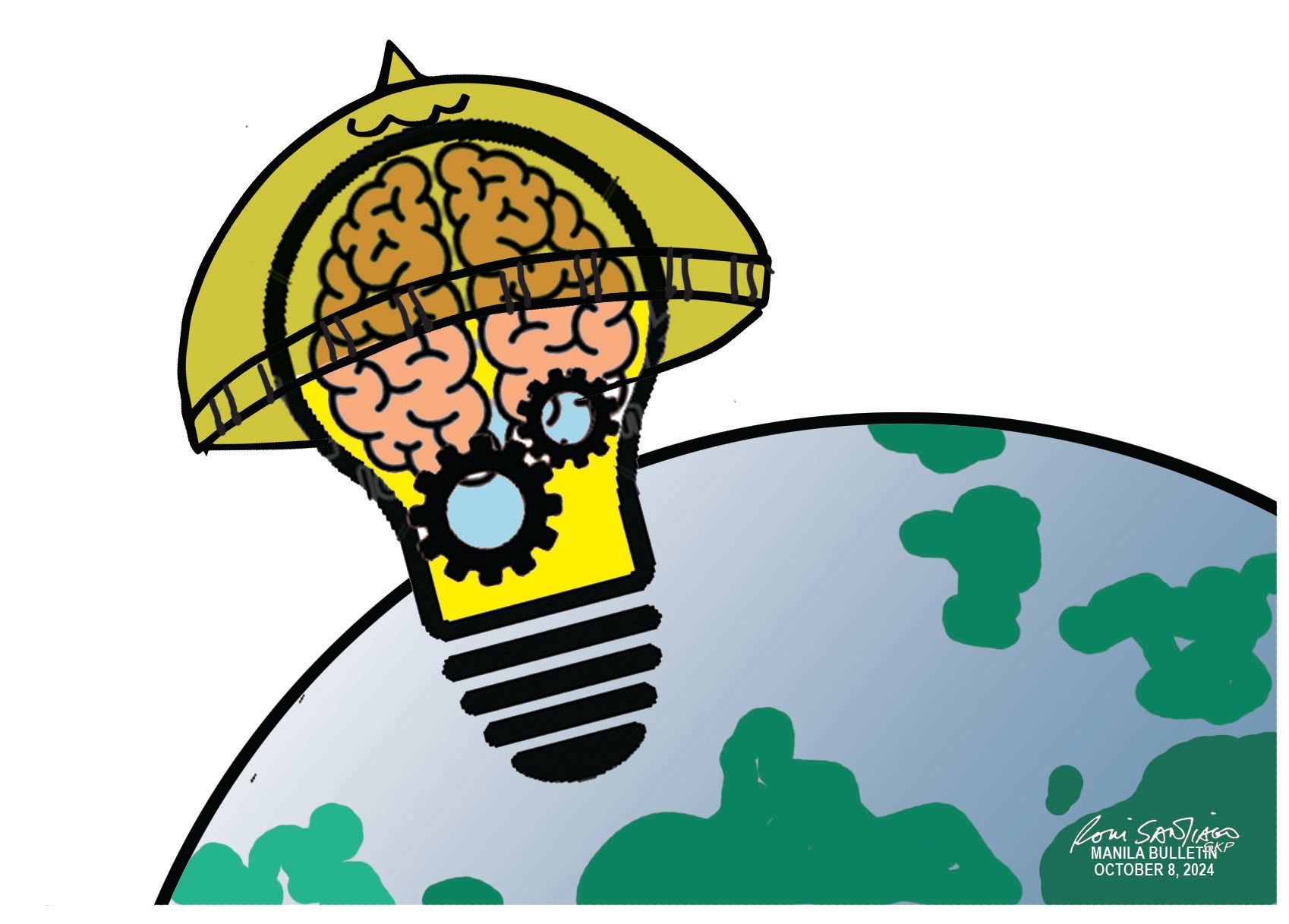
The Philippines’ steady climb in the latest Global Innovation Index (GII) rankings, as released by the World Intellectual Property Organization (WIPO), is truly commendable.
This improvement underscores the country’s growing capacity for creativity, entrepreneurship, and technological adoption. Notably, the Philippines ranks an impressive 14th place in the production of creative goods, further solidifying its reputation as a hub for innovative content and cultural export. However, while these achievements reflect significant progress, maintaining and enhancing this momentum requires a strategic and sustained effort.
To cement and further improve its position in the GII, the Philippine government must prioritize a set of policy and action imperatives that target both the country’s strengths and its vulnerabilities.
First, bolstering the national innovation ecosystem is essential. This means facilitating deeper collaboration between the public and private sectors, academia, and local communities. The formation of innovation hubs and research centers where ideas can be tested and developed is one key area that requires consistent attention. Additionally, providing incentives for industries to engage in research and development (R&D) will encourage more players to invest in long-term innovation.
Earlier this year, the Department of Trade and Industry (DTI) showcased the top creative startups at the IDEA (Incubation, Development, and Entrepreneurial Assistance) and ADVanCE (Accelerating Development Valuation, and Corporate Entrepreneurship) for Creatives Demo Day, the culmination of eight-week-long intensive learning sessions and mentoring support for the 15 creative startups who had the opportunity to demonstrate their innovative solutions.
Launched in 2022, the IDEA and ADVanCE programs are among the flagship programs of the DTI aimed to foster innovative startups during their product launch, commercialization, and scaling-up stages. These programs are aligned with the goals of the Innovative Startup Act or ISA (Republic Act No. 11337) and the Philippine Creative Industries Development Act or PCIDA (R.A. No. 11904), that seek to foster a vibrant and globally competitive Philippine startup ecosystem and creative landscape.
Second, a stronger focus on intellectual property (IP) protection and enforcement is critical. The country’s creative sector, already highly regarded, can only thrive further if creators and innovators feel confident that their work is safeguarded. Strengthening IP rights will also invite more foreign investment and encourage local businesses to scale their operations globally, knowing that they are operating in a system that protects their innovations.
The Philippines’ 14th place ranking in creative goods is an achievement that reflects the vibrancy of its cultural industries. Yet, to maintain this position, the government needs to actively support the creative economy. This can be done through policies that promote the export of creative products, such as films, fashion, music, and literature. Trade agreements that open markets for Filipino creators should be pursued, while at home, programs to support artists and innovators through grants, subsidies, and tax breaks will ensure that creativity is continually nurtured.
Moreover, investing in education and skills development for the creative sector is essential. The country must develop a pipeline of talent that is not only equipped with traditional creative skills but also adept in digital tools and platforms. By offering specialized training programs in areas like animation, game development, and multimedia arts, the Philippines can consolidate its place in the global creative industry.